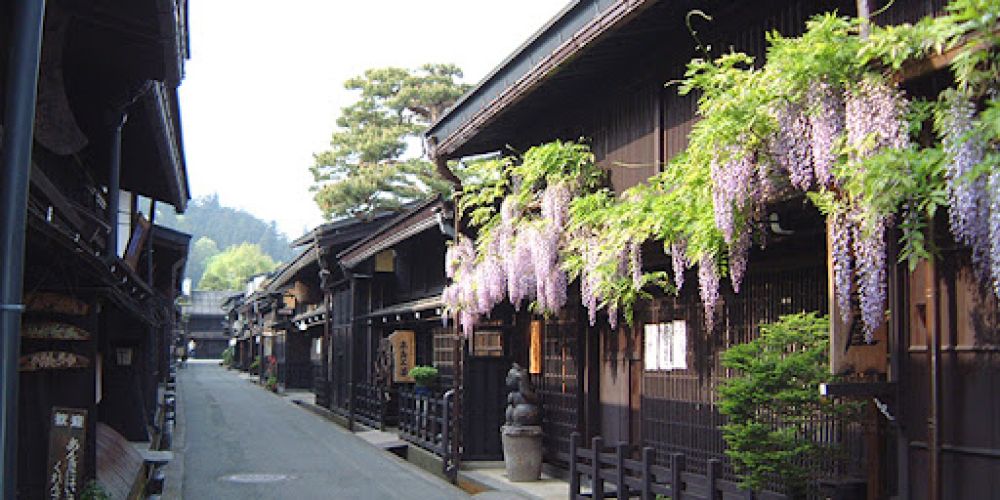

The history of tourism in Takayama, located in the mountainous Gifu Prefecture of Japan, spans several centuries. This charming town, also known as 'Hida-Takayama,' has long been renowned for its well-preserved Edo period (1603-1868) streets, which lure visitors keen to experience a piece of Japan's feudal past.
In the late Edo period, Takayama's reputation for skilled carpentry and high-quality timber already attracted merchants and craftsmen. However, it wasn't until the late 19th century, during the Meiji Restoration, that Takayama started to gain popularity among visitors seeking cultural and historical insights. Sites like the Takayama Jinya, a former government outpost, and the traditional merchant houses began drawing in tourists.
Following World War II, Japan saw a resurgence in domestic tourism, and Takayama was no exception. The town’s architecture and festivals, particularly the Takayama Matsuri, became key draws. Recognized as one of Japan's most beautiful festivals, the Takayama Matsuri is held both in spring and autumn and features elaborate floats and parades.
In the latter half of the 20th century, Takayama started to receive international attention, spurring further growth and development. The declaration of the historic center as a Preservation District for Groups of Traditional Buildings helped protect the cultural treasures that make Takayama unique.
Today, Takayama is a major tourism spot for both local and international tourists. Accommodations ranging from modern hotels to traditional ryokans (Japanese inns) help provide authentic experiences. The town's proximity to the Shirakawa-go and Gokayama villages, both UNESCO World Heritage sites, enhances its appeal.
As global tourism evolves, Takayama has seen recent trends such as the rise in ecotourism, with travelers seeking the Hida area's beautiful natural landscapes for activities like hiking and biking. The popularity of local gastronomy has also grown, with an increased interest in Takayama's sake breweries and Hida beef, a premium meat comparable to Kobe beef.
Another notable trend is the increase in cultural tourism, with visitors taking part in traditional crafts, such as woodwork and sarubobo doll-making classes, providing an interactive way to experience the town's heritage.
Moving forward, Takayama aims to balance tourism growth with preservation efforts. Sustainable tourism initiatives help ensure that Takayama's cultural and natural environments are safeguarded for future generations. With these measures in place, Takayama is set to continue being a beloved destination that captures the essence of historical Japan.